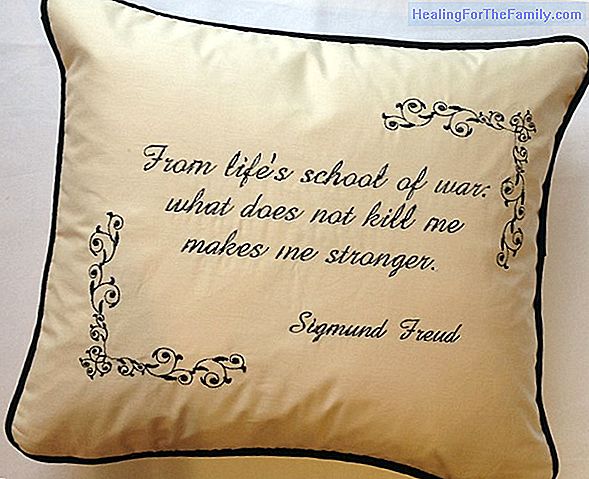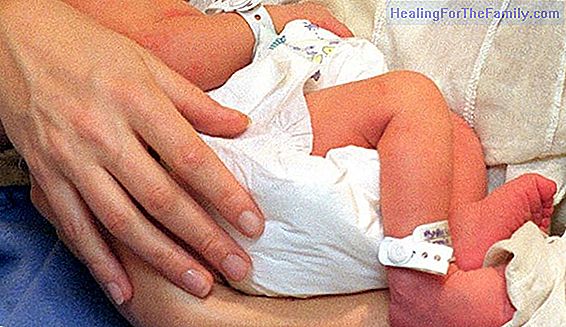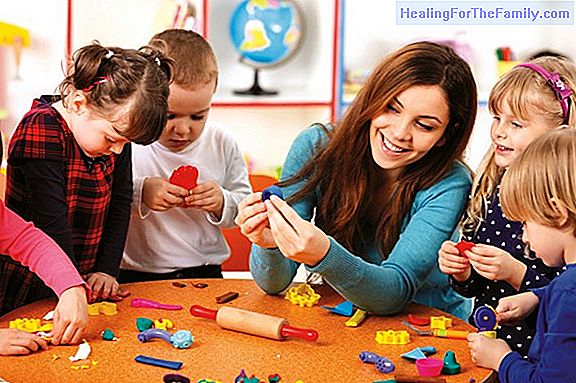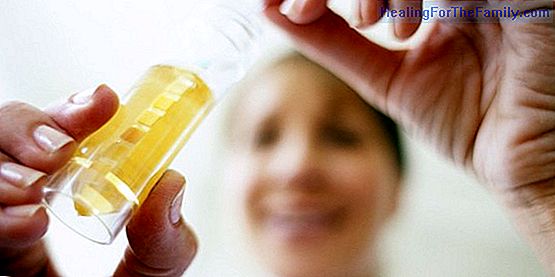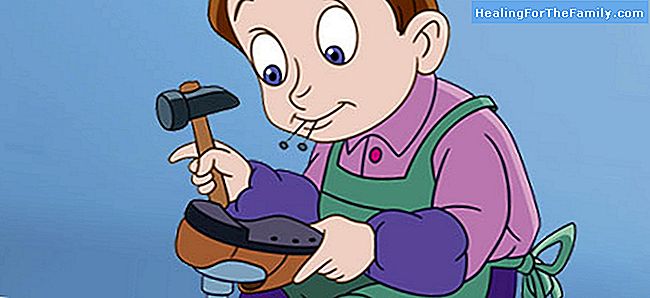The baby's achievements during his first three years
The development of the baby and each of the achievements that he is achieving throughout his growth, such as turning around, his first smile or his first sound, holding his head he alone, reach out to ask for something, sit or eat without help, crawl or walk, awakens indescribable feelings in parent
The development of the baby and each of the achievements that he is achieving throughout his growth, such as turning around, his first smile or his first sound, holding his head he alone, reach out to ask for something, sit or eat without help, crawl or walk, awakens indescribable feelings in parents, especially in first-time parents. With this guide you will be able to find out when and at what age the baby is likely to make some of these important achievements in its development.
The rhythm of the baby's development and its great milestones
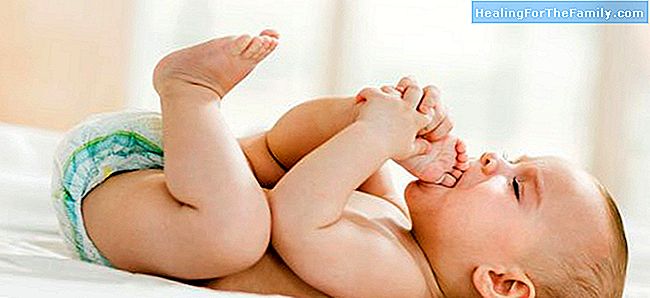
However, the babies are constantly learning and each one has their own rhythm. For this reason, although it has been established that most babies reach certain milestones, also known as achievements, at similar ages, it is possible to consider it common, normal and usual for a healthy baby to delay reaching certain milestones, but accelerate to reach others.
In general, during the first year of life, babies grow and develop at a surprising rate and it must be their pediatrician who evaluates the rhythm of development of the baby in each revision or health check. Remember that if the baby was premature, that is, was born before the 37th week of pregnancy, you should look at the milestone guide considering the expected delivery date and not the day you were born. Thus, if the baby was born a month earlier, he will probably make the achievements, one month after the date indicated in this guide.
Babies from 0 to 12 weeks:
- Develop head control
- Smile for the first time
- Primary reflexes disappear
- Gradually stretch from the fetal position
- Follow the movement of objects with your eyes
- Turn the head towards the origin of the sounds
Babies of3 to 6 months:
- The eyes acquire their final color
- Sleep uninterrupted throughout the night
- Improve the control of the head
- Swings from a side to side
- Reach out to reach objects
- Get to sit up without help Se - Bring your toes to your mouth
Babies from
6 to 9 months:- Start teething
- Sit unnecessarily of support
Use the thumb and forefinger to catch objects
- Awareness of the permanence of people and objects
- Improves understanding
- Learns specific sounds of the mother tongue
Babies
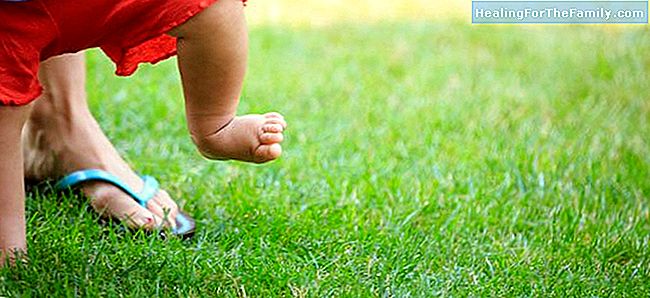
9 to 12 months:Chews a wide variety food - He stays awake at will
- He gets from sitting to standing
- He explores with his hands
- He pulls objects intentionally
- He emits more meaningful sounds and can begin to say the first words
Babies from
12 a 18 months:- Learn to eat without help
- Improve memory and concentration
- Take all kinds of objects with precision
- Be more receptive
- Walk without needing to lean
- Use several words in a conversation
- Start scribbling
- Begin to show more independent behavior
Babies from
18 to 24 months:- Walk quickly and even run
- Turn the pages of books and draw simple things
- Understand that each person has a different point of view
- Knows his own name and that of some body parts
- Form simple sentences
- Manifests feelings easily and is less shy
Can n emotional outbursts appear
Babies from
24 to 30 months:- Start using the potty
- Eat alone
- Go up and down stairs
- Dress yourself and wash your hands
- Obey simple requests
- Most people understand him when he speaks
- Stage of frequent tantrums
Babies from
30 to 36 months:- Stop wetting the bed
- Walk and run well. Learn to ride a tricycle
- Identify colors and understand the concept of a set of things
- Improve logical thinking
- Create long conversations using an extensive vocabulary
- Express interest in other children
- Learn to share


